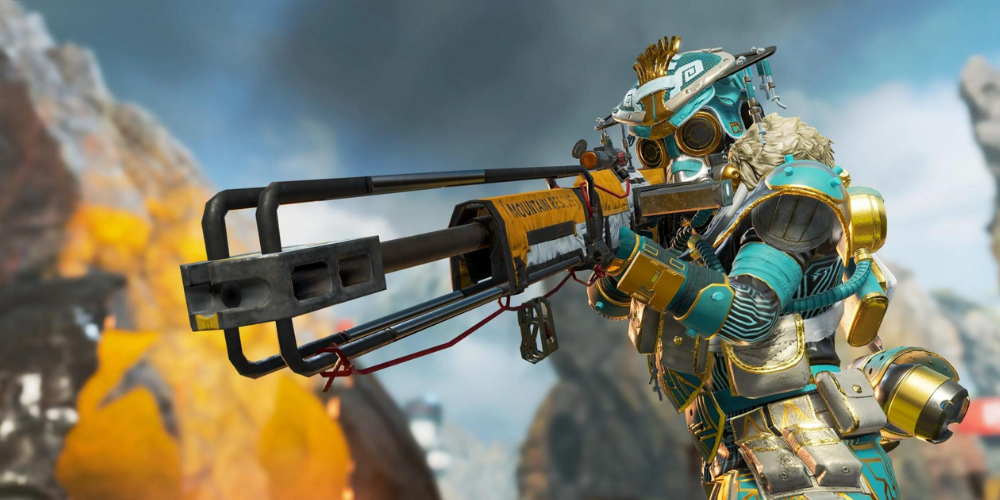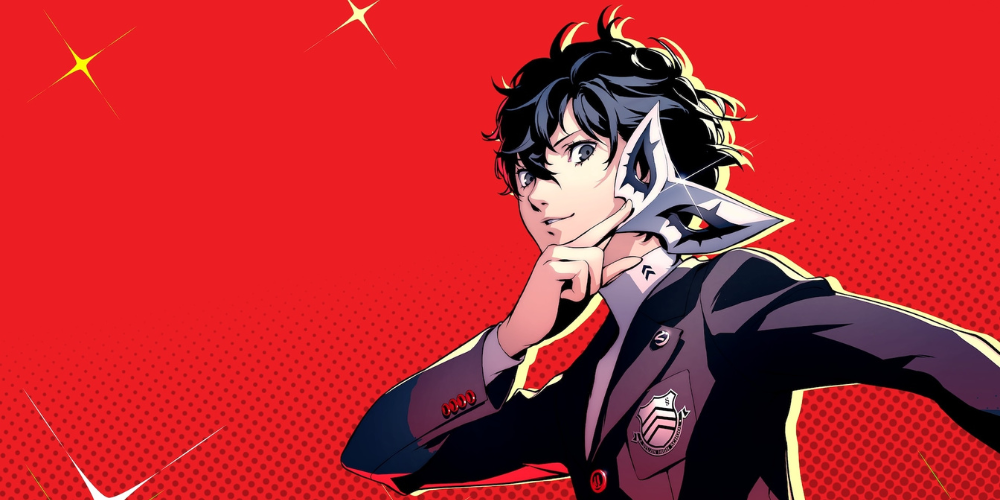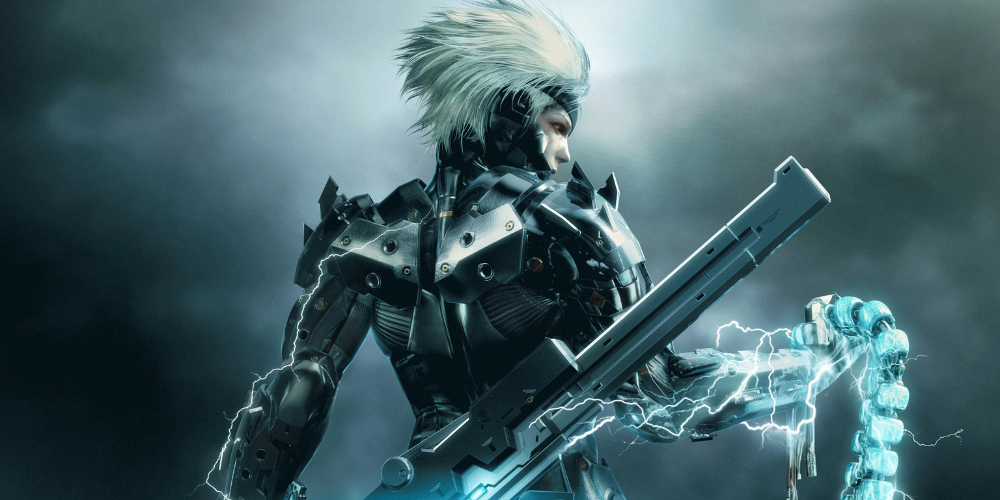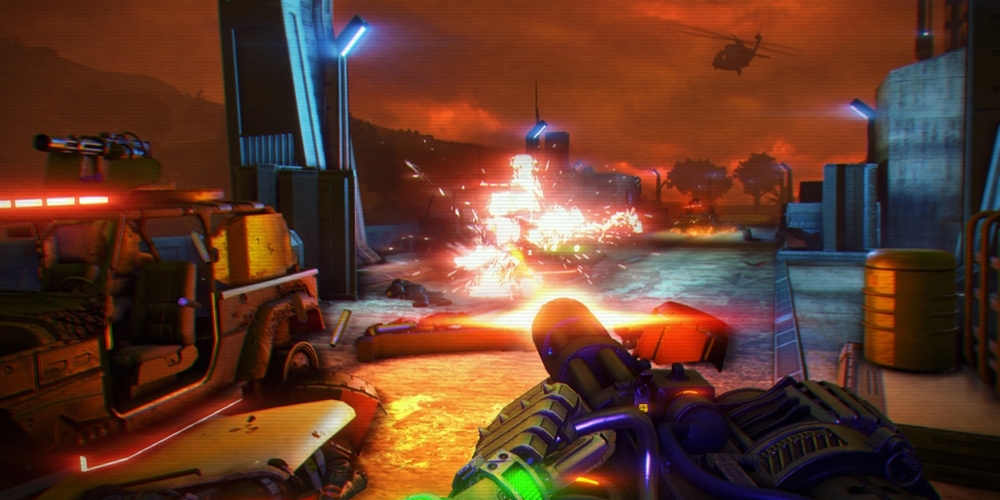Spin-Offs That Are Better Than the Originals
- 2023-11-19
- 376
Spin-offs of famous series have historically gained not the most brilliant reputation. Developers often either make them carelessly or give them to third parties to save resources — and the public, in the end, gets a game that is inferior to the original in everything. Well, then, why is it needed if it was obviously made just to make money from fans?
However, there are exceptions to this rule — rare but extremely pleasant. The Persona 5 Strikers coming out today fell a little short of this bar, but it gave us a good reason to recall the stories of the most successful spin-offs of recent years. Those whose authors really burned with their work, and not just trying to curry favor with investors.
Apex Legends

Time goes by, but the pain of premature oblivion of the Titanfall franchise does not subside. Well—developed mechanics, unique gameplay, a team of developers with years of experience behind them - everything went to waste because of the publisher's inept business decisions. Electronic Arts released the first part in the spring, besides exclusively for PC and Xbox One, which lost the console race. And the second one — right in time for the release of Battlefield 1, thereby creating a rivalry between their own products and putting a relatively new IP in an awkward position. As a result, even the sequel with an unexpectedly sensible story campaign turned into a commercial failure, and talk about the development of the series gradually died down. At the time, the trailer alerted many, but, as it turned out, in vain — the game became a hit overnight.
In this regard, it was not very clear how to react at all to the sudden exit of Apex Legends. It turns out that Titanfall is still alive, and we can wait for the next numbered part. Or, on the contrary, Electronic Arts decided to squeeze at least some profit out of it with the help of another "royal battle"? There is still no clarity on the first point, but on the second, all doubts were dispelled a few days after the release — Apex Legends turned out to be anything but "regular." Respawn Entertainment studio thoroughly shook up the established canons of the genre, and the result was, perhaps, one of the most recognizable projects on the network shooter market. The dynamics and pace of Titanfall have been integrated into the battle royale framework as if poured in: thanks to them, the usual rules of the game have been revealed in a completely new way. It is not surprising that the authors pushed the competitors in the niche so decisively as if there were no financial failures. It was only worth releasing a good game at the right moment.
Persona

Looking at Persona 5, it's hard to imagine that the franchise that set a new quality standard in the JRPG genre was once just a spin-off of another series widely known in narrow circles - Shin Megami Tensei. In the past, Atlus Studio was famous for its hardcore "dungeon crawlers," which are now considered iconic, but then they were not extremely popular. Just in an attempt to attract a new audience, the developers launched two branches of Shin Megami Tensei: Devil Summoner in 1995 and Revelations: Persona in 1996. There, the scene was moved to the setting of the school, and the main characters were teenagers struggling with their internal conflicts. Under the new creative beginning, Persona earned such a credit of trust that even the first teaser of the fifth part with mysterious chairs made a lot of noise.
Three years later, the game received as many as two sequels — Innocent Sin and Eternal Punishment (be sure to play if you haven't yet) — however, Persona still didn't get along with mass popularity. The developers could not get rid of the "hardcore" label, which repelled a more casual audience: the conservative management of the studio understood the problem but did not want to experiment. The series was already at an impasse, but the situation changed dramatically when producer Katsura Hasino was brought in to work on Persona 3. Instead of making another sequel and stalling in one place, he assembled a team of young Atlus employees, together with whom he reinvented the series almost from scratch.
As a result, thanks to Hasino and his like-minded people, Persona has become the game that we know and love. By simplifying the intricate combat system and combining it with elements of a visual novel, the authors finally found a way to please a mass audience. Hardcore fans could still bother with pumping people, and the casual audience enjoyed the simulation of school life and spent hours on end communicating with the characters, "pumping" social branches. The spin-off, whose fate hung in the balance, was not only reputed to be one of the best games for the PlayStation 2 but also laid the foundation for a formula that in the future became the hallmark of Persona: you simply cannot find other such games, no matter how hard you try.
Metal Gear Rising: Revengeance

There are games that speak for themselves completely without words. One look at Metal Gear Rising makes it unmistakable that Hideo Kojima forgot to take his pills again… That's just because Kojima himself did not work on this project. More precisely, I could not bring it to the end.
The game designer decided to build a bridge between the second and fourth parts of Metal Gear Solid, telling the story of how Raiden turned from a cute spy into a harsh warrior. The genre changed from stealth to slasher, and the central gameplay mechanics was supposed to be the ability to chop enemies and other objects into small pieces accurately. In other words, all this sounded good, but in reality, the Kojima Productions team could hardly imagine how to build a whole game based on this idea. Kojima decided to take minimal part in the development in order to give his young team a chance to gain experience — and it clearly did not cope with the task. At first, the project fell into production hell, and then, when Kojima decided that it could not be saved, it was quietly closed at all.
But instead of finally giving up, the "genius" found an amazingly successful way out of the situation: he entrusted the work on the unfinished game into the hands of PlatinumGames and asked her to resurrect the project. Needless to say, the authors of Bayonetta did not disappoint. Having got at their disposal the Metal Gear universe and creative carte blanche from its creator, they did what they know best: high-speed, stylish, absolutely frenzied action. With nanomachines (son), giant robots, cyborgs, pathos, philosophy, and vigorous geopolitical schizophasia — in short, with everything for which we dearly love Metal Gear Solid.
Far Cry 3: Blood Dragon

In the context of the gaming industry, nostalgia is a double-edged sword. In inept or greedy hands for easy money, it causes nothing but awkward silence and disgust, but if people with burning eyes take up the case, nostalgia turns into real art. Far Cry 3: Blood Dragon definitely belongs to the second category: it is still hard to believe that Ubisoft approved its production. The creative director of the project, Dean Evans, proposed the idea of a parody of the fantastic action films of the eighties as a joke, but, as usual, the joke went too far — they took six months to develop an independent DLC.
Evans, being a fan of retro, clung to this chance with all his might. To work on the soundtrack, he snagged the Australian electronic engineer's Power Glove, who recorded music for "The Homeless Man with a Shotgun," and even convinced Michael Bean (Corporal Hicks from "Aliens," Kyle Reese from "Terminator") to play the main character — after the fiasco with Aliens: Colonial Marines, the actor did not want to get into video games again. But in Blood Dragon, everything screams about how much its authors loved their work and the films that the game makes fun of.
Cybersoldat Rex Colt rips out the hearts of slain enemies, wets van liners right and left hunts dinosaur furs, and constantly bickers with an annoying AI assistant who gives stupid advice. Everything, including the main character's weapon, shines with neon like a Christmas tree, and a retro wave and ambient in the spirit of Carpenter certainly plays against the background. After all, idiocy is also an art, and in this particular type of idiocy, Blood Dragon has no equal. Well, except maybe for the short film Kung Fury.








Leave a comment
Your comment is awaiting moderation. We save your draft here
0 Comments